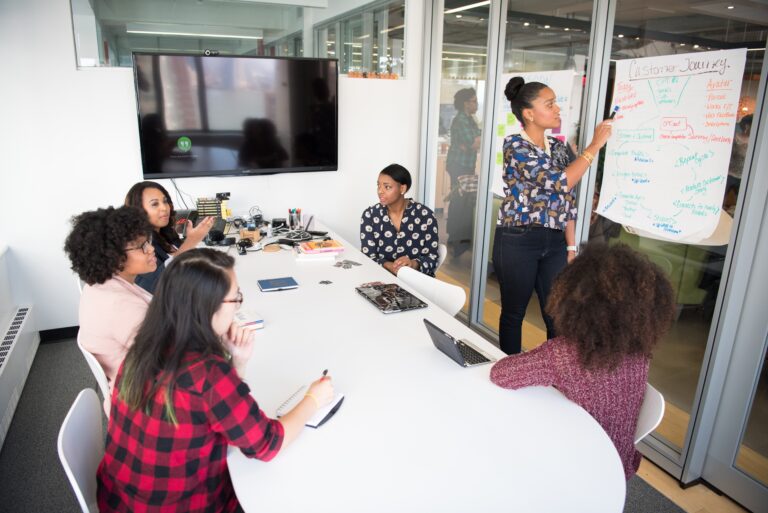The Importance of Soft Skills

While hard skills seem to be the most important thing any given candidate can bring to the table, this couldn’t be further from the case. Indeed, while possessing specific skill sets may be enough to land you the interview, they are often not enough to land you the job (or guarantee you success in the position). Soft skills, or our own unique interpersonal skills (such as communication, problem-solving, teamwork, organization, timeline management, and more), are becoming increasingly important in the workplace.
Boosts Collaboration Between Team Members
By promoting the importance of soft skills, you will foster a team that creates powerful collaborations. While focusing on hard skills is enough to get the work started, possessing soft skills is important for the cooperation and collaboration it takes to follow through and get the job done.
Encourages Creative Thinking
Furthermore, since these skills are so unique to each individual, creating an environment that promotes the use of soft skills will also encourage creative thinking. On the one hand, companies and organizations need those who can follow strict rules and regulations in order to accomplish their tasks. On the other hand, companies also need those who can think outside of the box and come up with creative solutions to complex issues.
Allows You to Adapt to a Changing Work Environment
Moreover, the workplace brings us new challenges each and every day. While hard skills afford us with the ability to assist people by providing them with some specialized skill or service, soft skills make it possible to adapt to new changes as they occur. For instance, we’re in a time now in which being especially sensitive to matters such as bullying in the workplace can literally make or break your company. Possessing soft skills is what allows people to address matters such as bullying before they become too big.
Increases Efficiency
Additionally, the use of soft skills makes your employees faster and more efficient overall. Although projects can be completed without the use of creative problem solving, interpersonal communication, leadership, and more, doing so is often more difficult and time-consuming as it may take longer for team members to agree to an approach, etc. With the help of these skills, tasks stand a better chance of being completed more smoothly.
Improves Leadership
Given that soft skills involve the use of interpersonal communication, creative problem solving, timeline management, and more, they make it possible for your leadership to become more effective. Rather than simply delegating tasks, soft skills will allow those in leadership roles to engage with employees in a way that allows them to utilize everyone’s unique skill sets to the best of their ability.
Overall, promoting a workplace environment that embraces soft skills is one of the best things you can do for your company or organization as they can be essential to growth and development. They can improve leadership, increase speed and efficiency, boost collaboration, and encourage your employees to think more creatively in general. In addition, they help ensure your employees are adaptable and ready to take on new challenges, creating a work environment that is flexible and always ready to respond to new developments.
Comment below or email us at flow@fluidstance.com.


Leave a comment